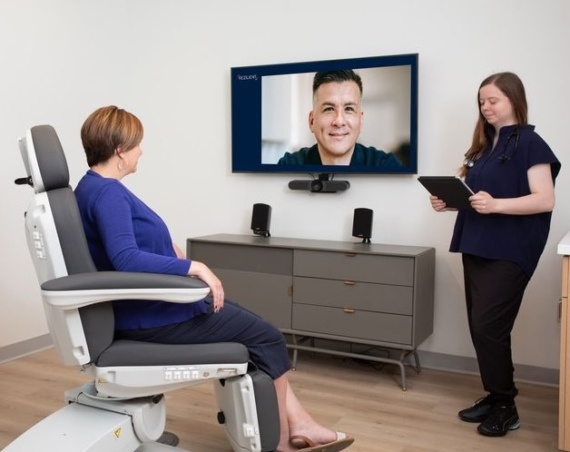
Women’s health company Tia is launching fertility services that include fertility assessments, prevention-focused care as well as support for patients trying to conceive.
Tia Co-founder & CEO Carolyn Witte shares: “As we look toward a post-Roe America, women’s fertility choices have taken on a whole new meaning. Like abortion, we believe that fertility care is healthcare, period, and an integral part of women’s comprehensive primary care. We need to reimagine fertility care as part of integrated women’s physical, mental, and reproductive healthcare, no matter the journey. Tia supports all choices that women make to become a parent, or not, on their own terms.”
Women have long been sidelined by a healthcare system that treats them as body parts or narrow reproductive life stages, instead of whole people. In defining women’s health as a singular reproductive life event, like the success or failure to conceive, the U.S. healthcare system has fragmented fertility care from women’s whole health. This has led to major primary care gaps for women on their fertility journey, leaving many without prevention-focused care or mental health support. For example, common chronic conditions specific to women, such as Polycystic Ovarian Syndrome (PCOS) or Endometriosis, are also leading causes of infertility and are often not diagnosed or treated until women have difficulty getting pregnant. Moreover, because fertility is treated as a specialty service separate from primary care, women are left on their own to navigate a complex system that doesn’t support their whole health, particularly their mental health. It’s no wonder that 50% of women show signs of depression and 75% show signs of anxiety while going through fertility treatment, and few get the mental health support they want and need.
As part of the launch of its fertility service, Tia unveiled its first-ever brand campaign. The campaign, called “Trying”, questions the social pressure on women to become parents through user-generated images and videos that show the many paths that women may take. The campaign’s hero video includes footage submitted by Tia clinicians and staff from their own fertility journeys.
“From the moment you hit your twenties, women are bombarded with messages about their fertility,” said Deborah Singer, Tia’s SVP of Brand, Marketing & Communications. “It’s everywhere – the subtle and not-so-subtle comments, messages, and targeted ads for egg freezing, period tracking, and fertility services that are designed to scare you. Women are more than their egg count, and our fertility should be thought of as part of our whole health and a journey that happens on our terms.”
Tia has grown rapidly over the last year and wants to serve 100,000 women in the U.S. by the end of 2023. The company recently closed a $100M Series B to further expand its footprint in new and existing markets over the next years.



